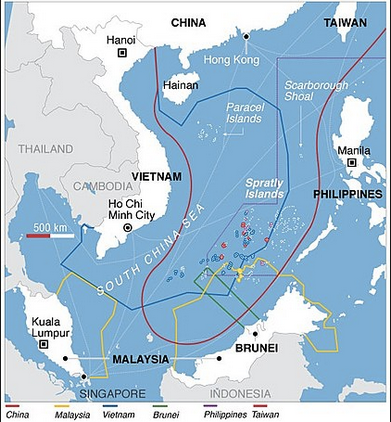The United States for years relied on economic interdependence with China as a stabilizing force in relations with Beijing, with business between the two nations forming what former treasury secretary Hank Paulson used to call the “ballast” in U.S.-China affairs.
But as President Trump escalates his trade dispute with Chinese President Xi Jinping, there is a realization that those days are gone. The result is a reduced incentive for stability and restraint in Washington when it comes to China, raising the possibility that tensions could extend beyond the trade sphere and impact other areas of contention, including Taiwan or the South China Sea.
“The way a lot of people have been talking about this is that you have lost, or you’re losing, the ballast,” said Zack Cooper, a research fellow at the American Enterprise Institute and a former official in the George W. Bush administration. “The challenge now is that there is not much of a constituency that wants to protect the relationship amidst trade tensions, security concerns and human rights concerns.”




